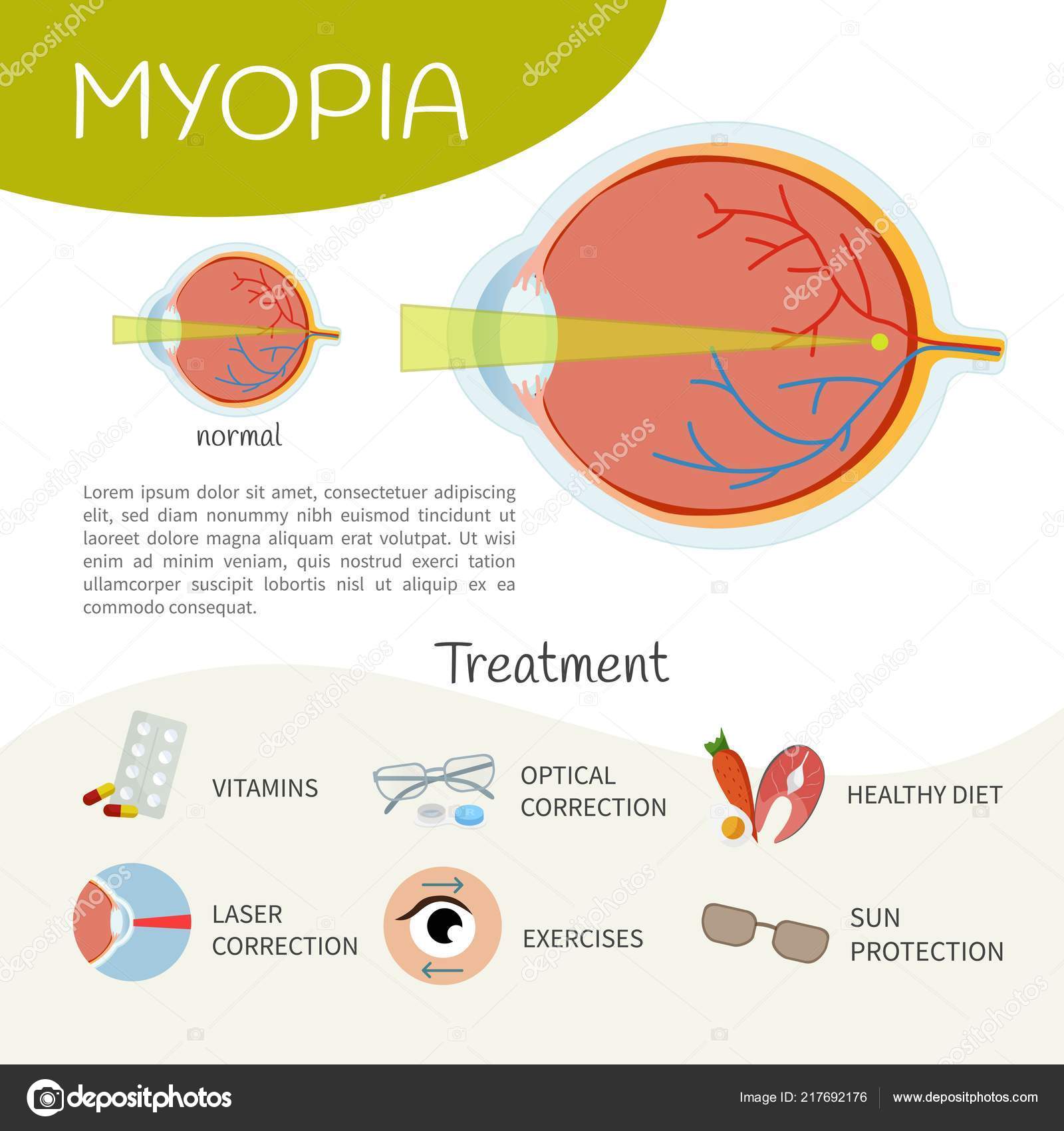Is SMILE Eye Surgery Right For You? Key Factors To Consider And Insights
Is SMILE Eye Surgery Right For You? Key Factors To Consider And Insights
Blog Article
Post Developed By-Clay Mooney
If you're contemplating SMILE eye surgical procedure, consider this: are you prepared to accept possible visual liberty, or does the idea of any kind of risks make you be reluctant? Your choice will hinge on a cautious equilibrium of evaluating the advantages versus the unpredictabilities. hop over to this site to dive much deeper right into the nuances of SMILE surgery to make an educated choice that aligns with your visual goals.
Recognizing SMILE Eye Surgical Treatment
When considering SMILE Eye Surgical procedure, it is necessary to understand the procedure and its benefits. SMILE, which means Little Laceration Lenticule Removal, is a minimally intrusive laser eye surgical procedure that remedies common vision troubles like nearsightedness (nearsightedness).
Throughout the treatment, your eye surgeon will utilize a femtosecond laser to produce a little cut in your cornea. Through Ocular Hypertension , a tiny disc of cells called a lenticule is removed, reshaping the cornea and fixing your vision.
One of the crucial advantages of SMILE Eye Surgical procedure is its quick recuperation time. Many patients experience boosted vision within a day or more after the treatment, with very little discomfort.
Additionally, SMILE is known for its high success rate in giving long-lasting vision improvement. Unlike LASIK, SMILE doesn't require the development of a flap in the cornea, minimizing the risk of issues and permitting an extra stable corneal framework post-surgery.
Recognizing the treatment and its advantages is essential when considering SMILE Eye Surgical treatment for vision improvement.
Benefits and drawbacks of SMILE
Considering SMILE Eye Surgical procedure for vision adjustment features different benefits and potential disadvantages.
Among the major pros of SMILE is its minimally invasive nature, as it entails a little cut and commonly leads to fast healing times. The procedure is also understood for causing marginal discomfort and dry eye symptoms post-surgery contrasted to various other vision adjustment methods. Furthermore, SMILE has been revealed to offer outstanding visual results, with lots of clients attaining 20/20 vision or much better.
On the other hand, a potential con of SMILE is that it might not be suitable for people with serious refractive mistakes, as the treatment array is rather restricted contrasted to LASIK. Another consideration is that the knowing contour for doctors carrying out SMILE can affect the availability of experienced companies in certain locations.
It is essential to weigh these advantages and disadvantages very carefully when choosing if SMILE is the best selection for your vision modification requirements.
Establishing Qualification for SMILE
To establish if you're qualified for SMILE eye surgical treatment, your ophthalmologist will certainly carry out a comprehensive analysis of your eye health and wellness and vision requirements. During this assessment, elements such as the security of your vision prescription, the thickness of your cornea, and the overall wellness of your eyes will be assessed.
Normally, prospects for SMILE are over 22 years old, have a stable vision prescription for a minimum of a year, and have healthy and balanced corneas without conditions like keratoconus.
Your optometrist will certainly additionally consider your total eye health, any existing eye conditions, and your way of living requires to determine if SMILE is the ideal choice for you. It's essential to connect any details aesthetic requirements or concerns you might have throughout this evaluation to make certain that the therapy straightens with your expectations.
If you aren't eligible for SMILE, your ophthalmologist might suggest different vision adjustment options that much better match your specific requirements and eye wellness condition.
Conclusion
Inevitably, determining whether SMILE eye surgical procedure is right for you needs cautious consideration of your private eye wellness and aesthetic requirements. Talk to your optometrist to determine your qualification for the procedure and weigh the potential benefits and downsides. Remember to communicate any issues or inquiries you may have during the analysis process to make an informed decision regarding your vision modification choices.
